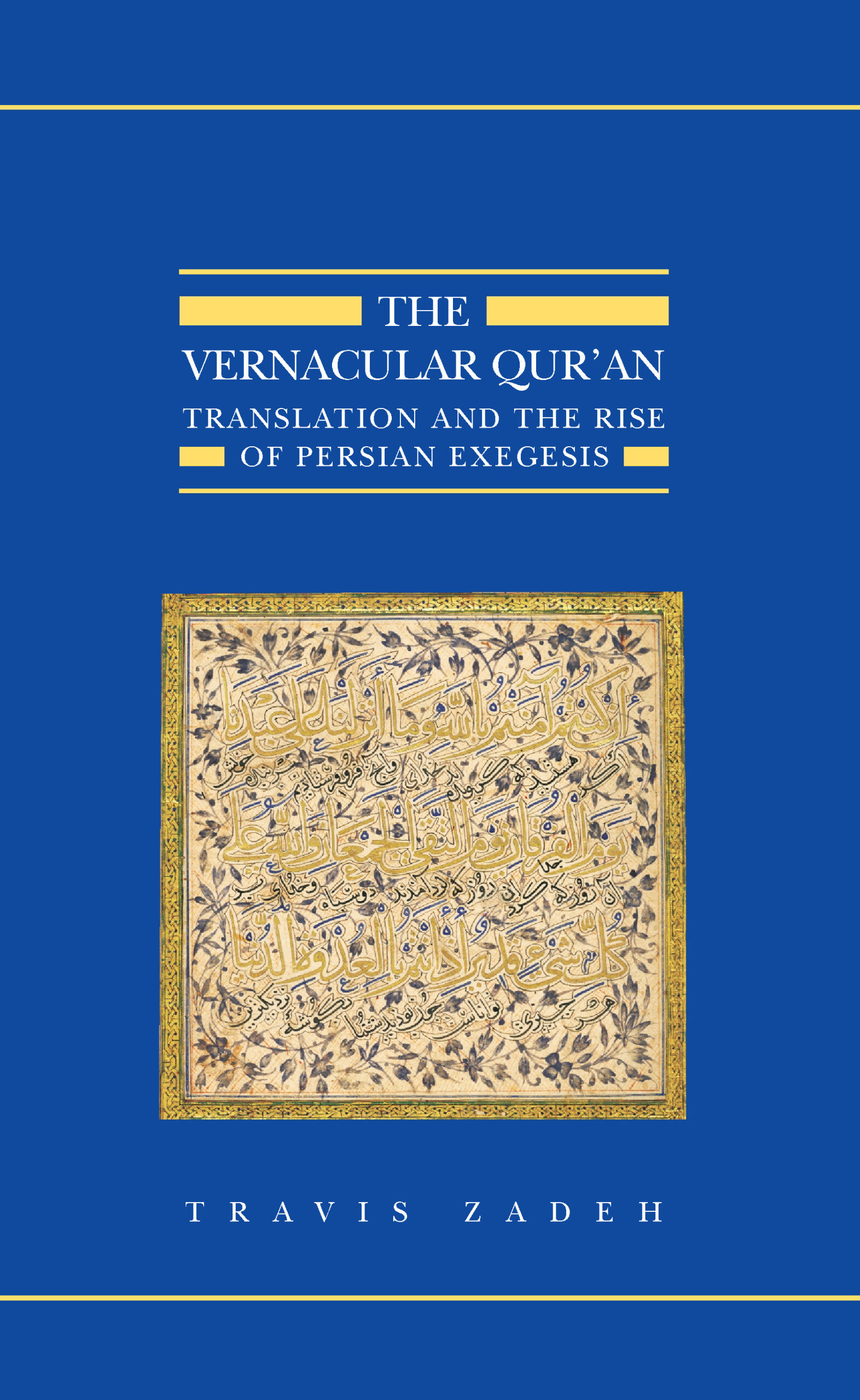This book examines how early juridical and theological debates on translatability and the nature of revelation and language informed the development of Persian translations and commentaries of the Qur’anMuslims believe that the Holy Qur’an contains divine revelations to the Prophet Muhammed received in Mecca and Medina over a period of 23 years in the early 7th century CE. More. While it is generally believed that Muslims were averse to translating the Qur’an, the historical record proves to be much more nuanced. Through a study of a range of sources, spanning from the second/eighth to seventh/thirteenth centuries, this book re-evaluates the role of translation in spheres of ritual praxis, religious conversion and Qur’anic hermeneutics.
The Vernacular Qur’an explores the history behind the juridical resistance to translating the Qur’an, the theological debates concerning the nature of divine speech and the rise of Persian exegetical translations. These early translations retained the original Arabic text of the Qur’an through the interlinear and marginal presentation of the vernacular, thereby preserving the sacred script while expanding the text, making it accessible to a wider audience.
Travis Zadeh gives a thorough overview of the development of Persian exegetical writing, from rhyming translations to major commentaries. He begins with the emergence of New Persian literature in the fourth/tenth century and traces its development over the ensuing centuries as the use of Persian came to rival Arabic in courts and in institutions of religious education.
Through a series of detailed case studies, this book explores the relationship between Qur’anic hermeneutics and vernacular cultures, the religious elite, institutions of education and dynastic authority. It presents for the first time to an English readership a broad array of archival material, drawn from the Middle East, Central Asia and South Asia, covering several centuries of Islamic history.
Introduction
I. Theoretical Implications
1. Early Juridical Considerations
2. Recitations, Codices, and Juridical Authority
3. Scriptural Communities and Heavenly Messengers
4. Divine Speech in Human Language
5. Translation and the Inimitability of the Qur’an
II. Models for Translation
7. Court Culture and the Rise of Persian Exegesis: The Case of the Tafsīr-i Ṭabarī
8. Urban Networks: Nishapur and the Development of Persian Exegesis
9. Minbars and Madrasas: Isfarāʾīnī and the Case for Translation
10. Education, Theology and Vernacular Legitimacy
11. Sectarian Divisions, Scriptural Authority: The Karrāmiyya and the Qur’an
12. Transmission and Routinisation: Sūrābādī’s Persian Commentary on the Qur’an
Conclusion
Appendix
Bibliography
Index of Qur’anic Citations
Index
‘a thorough and unbiased account of Qur’anic translation’s early history and arguments in 674 well-referenced pages. … This is a most informative and enlightening work, particularly for non-Arab readers.’
– Ali Abd al-Malik, The Islamic Quarterly
‘wide-ranging, yet lucidly argued and eloquently written… We may hope that his nuanced and imaginative study draws attention to this long-neglected subject and inspires new scholarly research in this area in the future.’
– Michael Pregill, International Qur’anic Studies Association
Travis Zadeh is Assistant Professor of Islamic Studies at Haverford College, Pennsylvania, where he teaches courses on the Qur’an, and Islamic intellectual and cultural history. He was awarded a PhD in Comparative Literature from Harvard University in 2007. He is the author of Mapping Frontiers Across Medieval Islam: Translation, Geography, and the ʿAbbāsid Empire (2011), and has also published several articles on early Islamic intellectual and cultural history.

